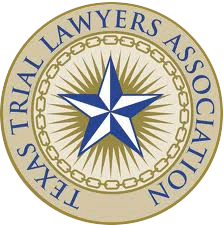Personal Injury FAQ
READY FOR A FREE CONSULTATION?
FAQ
Read below for answers to frequently asked questions from our Houston, Texas, personal injury law firm:
Q. How do I pay for my legal fees?
A. We take cases on a contingency fee basis. This means that you do not pay us anything during the case. We are paid out of any recovery we get for you. If there is no recovery, then you owe us nothing for our services.
Q. How do I pay for the expenses of the case?
A. In most cases, the Law Office of Scott P. Callahan, P.C. will advance the expenses of the case. The expenses are then reimbursed to our firm if and when there is a recovery.
Q. How do you decide if you will take my case?
A. We determine whether to take a case based on what we believe to be the likelihood of success. Unfortunately, we cannot represent everyone who asks for and needs our help. If we believe that we can be of service to you, we will take the case. If we are unable to help you, we often know of other lawyers who can help and we will refer you to them.
Q. How much is my case worth?
A. The value of each case is different and must be evaluated separately. We take a great deal of time to come to a proper evaluation of your case. The Law Office of Scott P. Callahan, P.C. has been evaluating cases and representing people for years. However, you must know that there is never a guarantee of any recovery.
Q. How long will my case take?
A. Some cases can be completed in a few months and others might take years. If the case can be resolved without filing a lawsuit, it typically takes much less time. If litigation is necessary, each court differs in the amount of time it takes to bring a case to trial. Unfortunately, litigation tends to be very slow, but we make every effort to push the case to a conclusion as quickly as possible.
Q. Will I be consulted before my case is settled?
A. Yes, no case is ever settled without your express consent. You rely on us for legal advice and opinions, but the final settlement decision is yours.
Q. What is a deposition?
A. During the course of your case, you will most likely have to give a deposition. A deposition is a statement that is given under oath before a certified court reporter so the opposing party can learn about your case. When your deposition is taken, we will be there to represent you.






